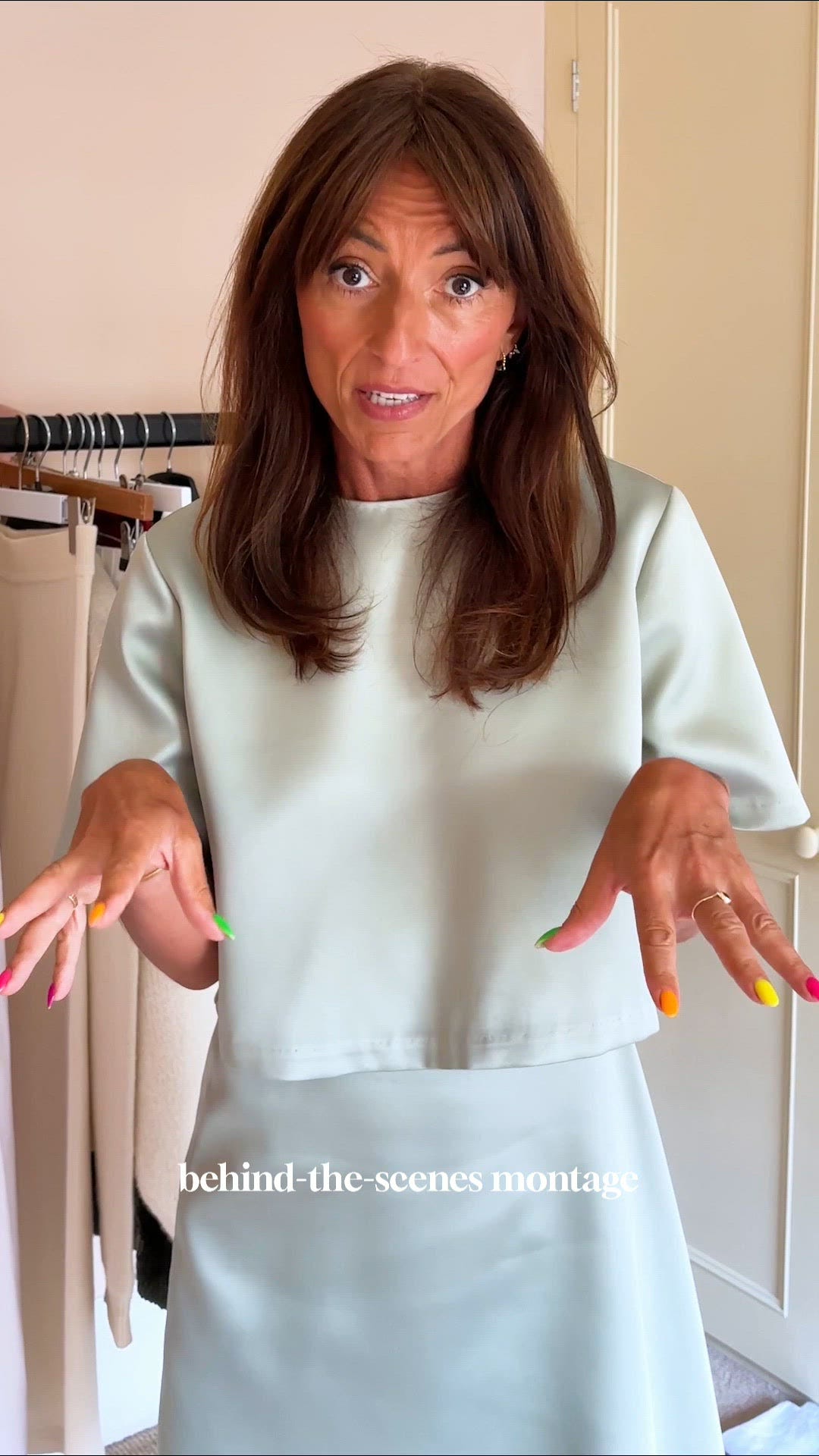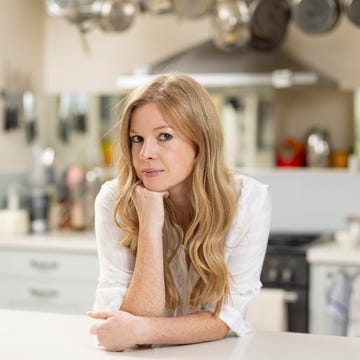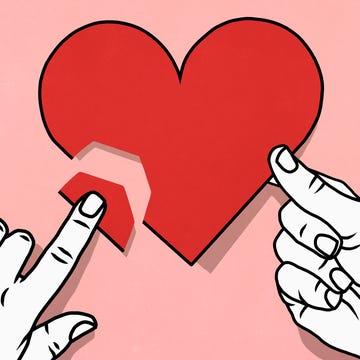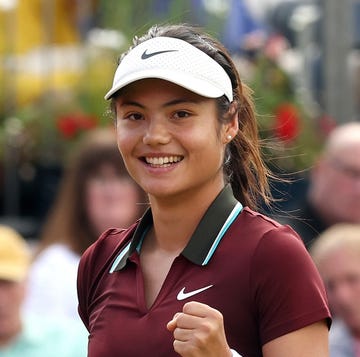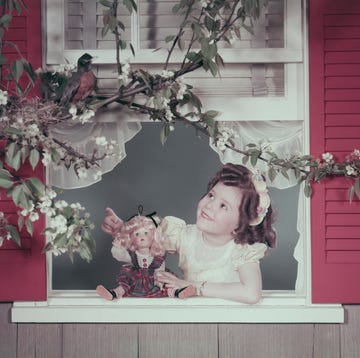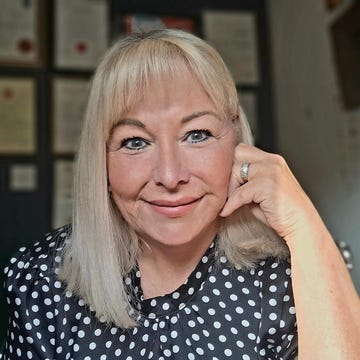When I first joined dating apps two years ago, I had no idea the wheels were falling off a now oversaturated market, and that scores of singles had become overwhelmingly exhausted by the dating scene they’d created. I went in blind.
And so, there was the second date with an intense man who had framed stills from horror movies along his hallway. A ‘catfishing’ date so unrecognisable from his profile that I mistook him for the waiter. There was the guy who sent me photographs of scenery he thought I’d like, only for it to transpire he’d taken them at his own wedding venue 72 hours ahead of the big day. And don’t even get me started on all the ‘ghosters’ and those who reacted to even the most polite rejection very badly.
As early dating apps like Grindr and Tinder went mainstream in the early 2010s, they made way for a slew of alternatives including Hinge (where you send likes and short notes instead of swiping) and Bumble (where women message first). There are no two ways about it, dating apps revolutionised our relationships – the way we meet, interact with one another, the language we use, and the expectations we now have (or don’t) of potential dates.
What to read next
At first, this seemed like the perfect solution; a modern alternative to 'Lonely Hearts' ads and old-fashioned dating sites which it was actually cool to be part of. More than a decade later however, a collective fatigue has set in. Increasingly sophisticated algorithms track what it presumes are your preferences and either swamps you with similar profiles (I had a period of only people between 6”4 and 7”1, another of only practicing Christians - I'm not religious) or hides anyone you find remotely attractive behind a paywall. Ultimately, dating apps are businesses and they need people to keep using them – your eternal happiness does little for their bottom line.
Countless new apps purporting to offer something fresh and alternative to ‘save’ the dying dating tech space have continued popping up to little overall avail. Happn shows you people you’ve crossed paths with in real life, Thursday only allows you to match and chat from midnight to midnight each Thursday, The League claims to offer only a small selection of ‘high quality’ matches, and countless other apps are tailored to fetishes or niche preferences like Feeld and Chyrpe (both of which I have accidentally downloaded unaware and had quite the shock).
But no matter how many shiny new squares have appeared in the app store, the collective fatigue has persisted. Now, dating companies are pivoting to in-person meet ups with creative speed dating, running clubs and singles-only nights, attempting to turn back the clock to a pre-digital age and away from tech altogether. However, the real issue isn’t the apps, it’s the culture they (or in reality, we,) have created through their use. Sorry, but deleting Hinge isn’t going to save you (believe me, I’ve tried).
The most surface level issue of app culture is that, however many personality prompts or witty intros users add to their profiles, we are ultimately judged on our appearance within a moment’s glance. And then there is the paralysis of choice. Why reply to your existing matches when there is always the chance of someone better – maybe they’ll be hotter, smarter, funnier, taller, more successful – just one more swipe away? What this has created is a permeating ‘ghosting’ culture. It’s now not only commonplace but essentially acceptable to stop replying to someone without warning or reason. Or even to ‘zombie’ – pick back up weeks later without explanation.
Perhaps worse, is the last minute dropping outs of organised dates with vague excuses – or worse, no word at all. Now that everyone romantically available (and some who are not) can be found at the swipe of our phone screens, there is little need to approach people in real life. Why risk getting shot down trying to speak to someone in a bar when you could send a flurry of likes to potential matches from the safety of home?
And while I’d love to say I’ve never been guilty of any of these behaviours myself, gradually the apps – or rather the culture – wore me down. Essentially, I learned to play the game in which no one (or very few) win. Of course, there will be plenty of people who have met their partners on dating apps and, I don’t doubt, relationships are still being made now – but it isn’t easy and, at least anecdotally, the happy numbers have been dwindling in more recent years, compared to the optimistic heyday of the apps.
Of course, it would be too easy to say that dating apps are the issue and if we all simply deleted them then the problem would be solved. But I’ve had the same experiences with men I’ve met in real life and communicated with over Whatsapps, text or Instagram message as those I’ve met on Bumble or Happn. The tech is the medium, the people are the problem – whether the apps were the catalyst or not.
Don’t get me wrong, I’ve met some lovely people through apps, and outside of them, but the overwhelming experience has been hugely – and increasingly - negative. A return to in-person dating events could be a step in the right direction, but it’s going to take a lot of work to unlearn the behaviours we’ve embedded into modern dating culture. As the saying goes, a bad workman always blames his tools – and this situation is of our own making.


